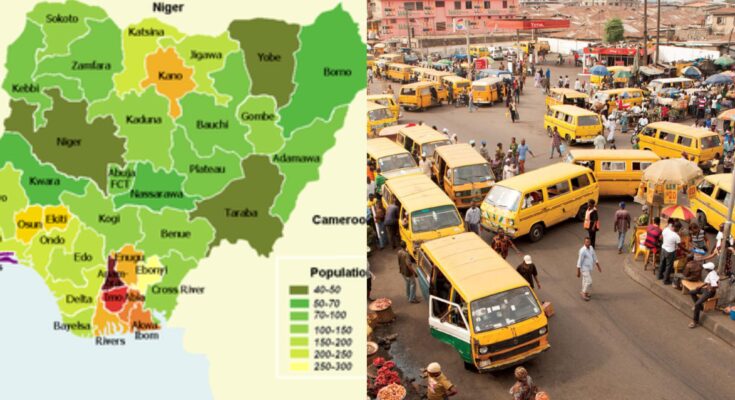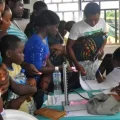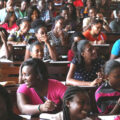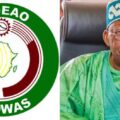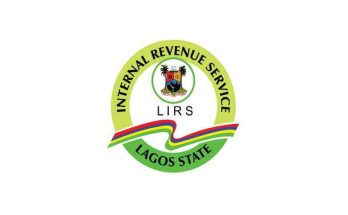In a recent poll conducted by IkejaBird in Nigeria, 105 anonymous individuals shared their experiences and perspectives on the current economic situation in the country.
The findings shed light on the diverse ways in which people have been affected and the strategies they have employed to cope with the challenges.
Additionally, the poll revealed the level of concern about financial well-being, opinions on government responsibility, and the broader impact of economic hardship on society. Here are the key insights from the poll:
Impact on Individuals and Families

When asked about the impact of the current economic situation on their lives, the majority of respondents (65.9%) reported that their expenses had increased while their income had decreased. This was followed by 11.4% who stated that their expenses had increased while their income remained the same. A smaller number of respondents reported a decrease in income with unchanged expenses (17%), while only 5.7% experienced a decrease in both income and expenses.
Coping Strategies

To cope with the economic challenges, respondents employed various strategies. The most common approaches included reducing non-essential spending and purchases (81%), delaying major purchases like cars or appliances (85.7%), and reducing spending on entertainment and leisure (93.3%). Additionally, a significant number of respondents changed their food consumption and eating habits (55%), and 41% worked additional jobs or income streams. Reliance on community/family support, taking loans from banks or loan apps, and selling assets were also reported as coping mechanisms. (This was a checklist question where people could select as many that applies.)
Worries about Financial Well-being

The poll revealed that a substantial portion of respondents expressed worry about their current and future financial well-being. 48.7% reported being extremely worried, while 23.5% were very worried. Additionally, 15.1% were moderately worried, 7.6% were slightly worried, and only 5.7% stated that they were not worried at all.
Government Responsibility and Suggestions for Improvement

The majority of respondents (65.4%) blamed the government completely for the current economic hardship, while 13.5% believed the government was mainly at fault.
When asked for suggestions to improve the economic conditions, the most common responses included providing subsidies for food and petrol (91.4%), creating more jobs and employment opportunities (84.8%), and cracking down on corruption and wastage of public funds (79%). Other suggestions included investing in infrastructure development and providing loans and grants to small businesses.
Broader Impact and Recommendations

The economic challenges have had far-reaching effects, as reported by the respondents. Many individuals are struggling to pay rent and utilities (50%), and a concerning number of children have dropped out of school to work (12.5). Additionally, 14.6% reported that businesses in their communities have closed down, and 22.9 % noted an increase in crime in their areas.
Learnings
The findings of this poll, conducted by IkejaBird, provide valuable insights into the lived experiences of individuals and families in Nigeria amidst the current economic situation. The data underscores the urgent need for targeted interventions to alleviate the hardships faced by many. It also highlights the importance of addressing systemic issues such as corruption, unemployment, and access to essential resources.
By taking into account the voices of the people, policymakers and stakeholders can work towards implementing effective solutions that address the multifaceted challenges of the economy. IkejaBird’s commitment to understanding and amplifying the voices of the people is crucial in informing meaningful change and progress in Nigeria’s economic landscape.

